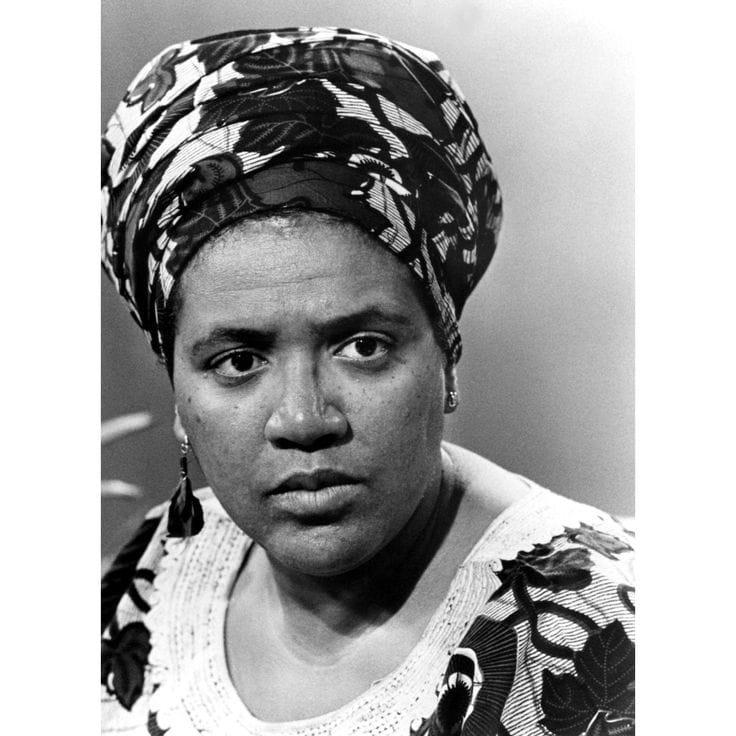Commodification of Self-Care - From Political Resistance to Consumer Culture
‘…Insecurities are no longer just being exploited - they’re being actively created.’

By Chandra Verma, Staff Writer, BA Politics and International Relations 28/10/2024
Self-care was meant to be an act of rebellion - a means of liberating ourselves from societal constraints by caring for both ourselves and those around us. It was meant to shield us against the cruelty of a society that frequently thrives on division. Today, we have largely lost sight of these revolutionary values and have fallen prey to the profit driven, commodified industry.
“Caring for myself is not self-indulgence, it is self-preservation, and that is an act of political warfare.”
Audre Lorde,a radical queer theorist, acknowledged that the system we exist in works to divide us and that caring for oneself and for others was one of the few ways we could defeat it. For Lorde, self-care was essential to regaining control over one's body and mind, in a society that continuously aimed to marginalize the oppressed. We must return to Lorde's view of self-care as a form of political warfare; one that calls for community, resistance and a strong dedication to individual and societal freedom from oppression.
As I was wasting away my youth while aimlessly scrolling through Instagram's infinite reels, I noticed something that caught my attention. A woman was marketing a spray lotion which, on application, exposed her face's tiny, nearly undetectable hairs. She expresses her gratitude for having found this product, claiming that it "fortunately" brought to light the hair that we otherwise would not notice. This is a very telling example of how insecurities are no longer just being exploited - they're being actively created. Why would I want to purchase a product to draw attention to something that is not readily apparent to the naked eye, to then buy another product to remove these artificial ‘flaws’? This modern form of self-care feeds off of our insecurities. The global skin care industry alone is expected to bring in 188.60 billion USD by 2024. That is only one component of what constitutes the wellness industry.
In the 21st century, the global wellness movement has reached a significant tipping point, with fitness, nutrition, and holistic health concepts taking a front seat, as stated by the Global Wellness Institute. While I ardently believe in doing what makes us happy, this shift from radical self-care to excessive consumerism showcases the fundamental transformation in consumer priorities. Does happiness, through the act of purchase, translate into true joy or just brainwashing?
Buying bath bombs or pricey skin-care are merely quick fixes to deeper systemic issues. Rather than addressing the root causes of these issues - long working hours, limited access to healthcare, and the psychological effects of discrimination - the market provides short-term fixes that ultimately benefit corporations. We have been so perfectly manipulated into accepting the way things are that we believe the world as it is now to be the standard. However, it is only the industry who profit from the exploitation of peoples’ vulnerabilities.
For women of color who frequently bear the brunt of society's problems, Lorde's self-care was inclusive and emphatic. However, the wellness sector of today frequently serves the wealthy, advertising upscale experiences and pricey goods that are out of reach for many. It has created an exclusionary environment where people can only care for themselves if they have a large amount of money to spend. This exclusion reinforces the same disparities that self-care was designed to alleviate.
This commodification has led many to prioritize personal peace over collective well-being, fostering a culture of isolation rather than accountability. It has become a means of disconnecting from the shared responsibility of caring for one another, when it should be a collective practice that nurtures us all, subsequently reinforcing our interdependence and the need for mutual care. It has, in ways, reduced accountability and made people more individualistic, in direct contrast to its original purpose.
We, as a society, must reclaim self-care as the radical act to which Audre Lorde envisioned it to be. Because self-care, at its core, is about taking care of ourselves so that we can keep fighting for justice whilst supporting those around us.



